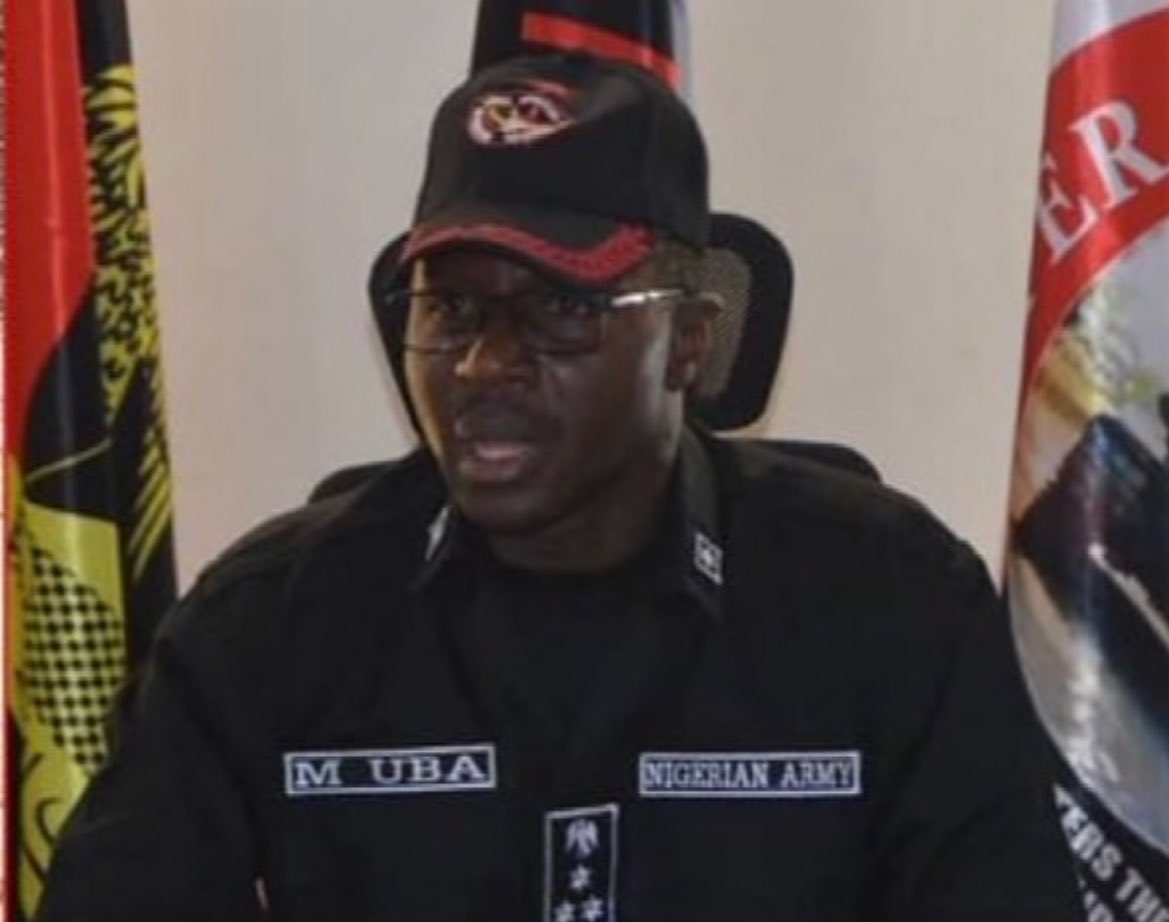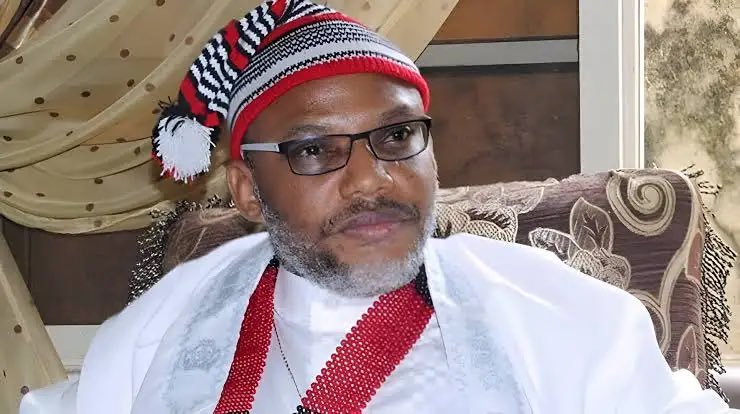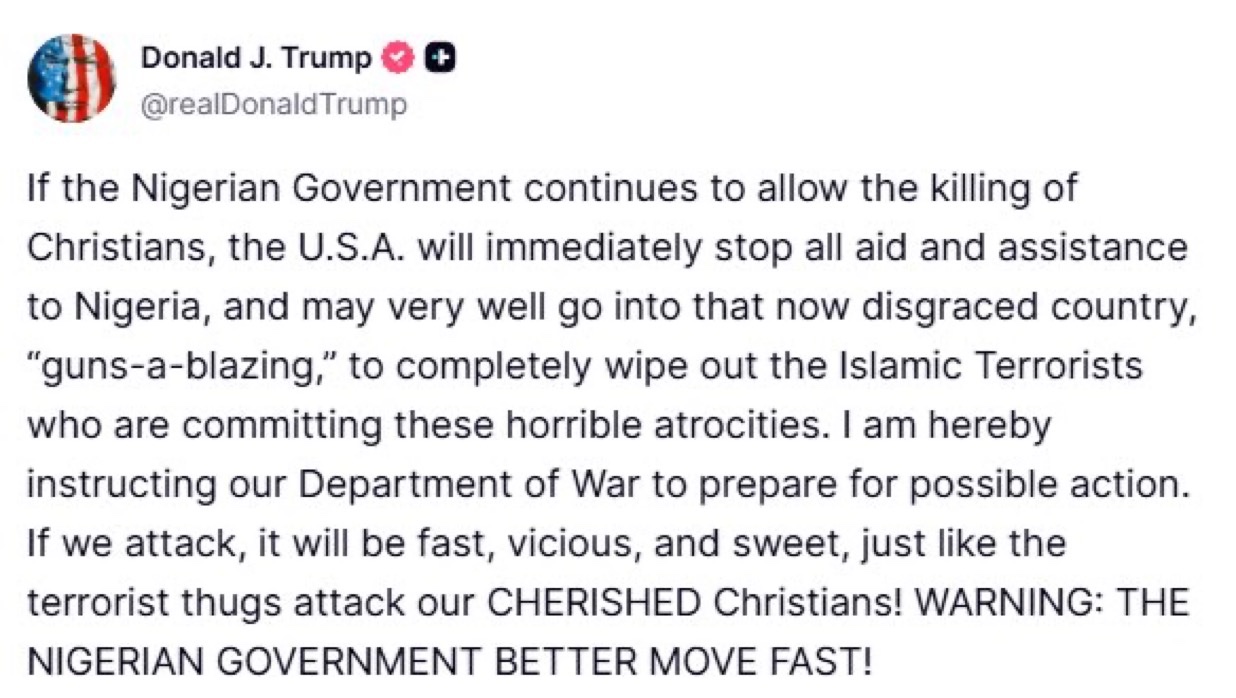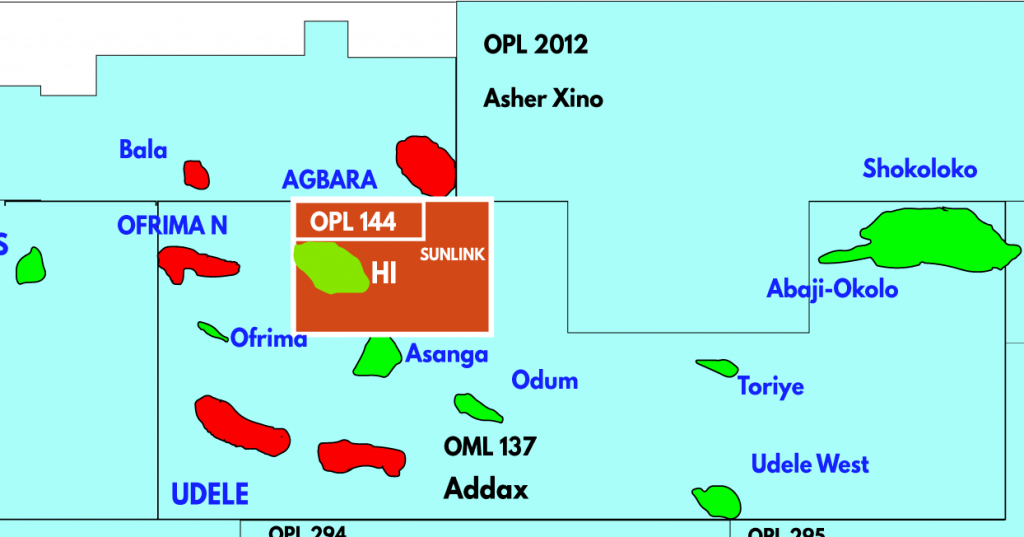Profile: Mele Kyari – in the eye of the storm
Published on 2024 September 19, Thursday Back to articles
Mele Kyari, managing director and CEO of
Nigerian National Petroleum Company
Limited (NNPCL)
Mele Kyari, managing director and CEO of Nigerian National Petroleum Company Limited (NNPCL), is in the eye of a storm of anger at the seeming inability to make the country’s oil sector function. Kyari was appointed to the post on 19 July 2019 by former president Muhammadu Buhari. He was expected to be removed from his post as soon as President Bola Tinubu took over from Buhari in May 2023.
This would not have been unusual. All presidents since 1999 have appointed someone they trusted to the crucial post of NNPCL CEO, considering the strategic relevance of the state-owned energy firm to the economy. Kyari made history by surviving the usual purge.
There are stories about why he survived. The most popular is that he may have contributed to Tinubu’s presidential campaign. NNPCL has a reputation for being a slush fund for political activities. It is also claimed that Kyari survived because he is close to Femi Gbajabiamila, the president’s chief of staff. They reportedly formed close bonds when Gbajabiamila was the House of Representatives speaker and had to consider and pass the Petroleum Industry Act (PIA). Gbajabiamila is reported to have introduced Kyari to Tinubu and they formed a bond that kept Kyari in his job.
Kyari is turning out to be the longest-serving NNPCL CEO, even though the company’s performance does not justify an extended tenure. He has already spent more than 31 years at NNPCL and there are no signs that he wants to be let go, even though it is difficult to point to any concrete achievements in the more than five years he has led the company. One achievement is the decision to publish audited annual reports, for the first time in the firm’s history. That has brought some level of transparency to NNPCL’s operations.
Kyari has failed in many other areas. On his watch, the country has missed its OPEC+ quota for more months than it has met it. He was CEO when Nigeria’s oil production dropped to less than 1.0 million b/d. He has consistently promised to boost gas supplies by tackling the challenges of poor infrastructure, without meaningful progress. Oil theft remains rampant in the Niger Delta and continues to impact negatively on oil revenues, which account for about 90% of export income.
Kyari’s retention of oil revenues to pay for subsidies has attracted a lot of criticism, with some calling for him to resign and be prosecuted. For the seven months to July, NNPCL claims that the government owes it ₦7,800 billion (US$4.8 billion) in unpaid subsidies. This is an indication of how much the firm has spent on subsidising fuel prices without a direct provision in the budget, which also means that it was not approved by the National Assembly. That makes it unconstitutional. There is no indication that he got direct approval from President Tinubu to absorb this level of subsidies. Even if he did, it is still illegal because the president needs National Assembly approval to spend money from the Federation Account.
Others have called for an independent audit of the accounts of NNPCL to validate its claims for subsidies. The current situation is that NNPCL makes the expenses and then presents its bill to the government. There is no independent audit of this bill, especially as there are still questions about the volume of petrol consumed in the country, which appears to have remained at about the same level before prices shot up in May and July 2023. Volumes initially dropped to around 30-40 million litres a day but then picked up to around the current 60 million litres. Aliko Dangote on 3 September questioned these consumption figures, noting that the real figures would be revealed once his 650,000 b/d capacity refinery starts selling petrol into the domestic markets which it is now doing.
Still, there is no indication that Kyari’s job is at risk. Despite his unsatisfactory performance, President Tinubu — who also doubles as the Minister of Petroleum — does not appear bothered. The more vulnerable Kyari becomes, the more he is politically relevant.
This excerpt is taken from Nigeria Focus, our monthly intelligence report on Nigeria. Click here to receive a free sample copy.The September 2024 issue of Nigeria Focus also includes the following:
Spotlight
- Unplanned fuel price rise resets Tinubu’s reforms and dims his fortunes
- Implications
- Profile: Mele Kyari –in the eye of the storm
Politics & Society
- Major parties struggle with internal wrangles
- Cabinet reshuffle appears imminent
- Tinubu’s dictatorship in the making?
Economy & Finance
- Central bank interventions unlikely to relieve pressure on the Naira
- Inflation slows but is likely to rebound
- Numbers
Energy Sector
- Dangote triumphs but NNPCL fights on
- Government mulls privatisation of NNPCL
- Oil production highest since January
Security
- Banditry in the North: an end in sight?



